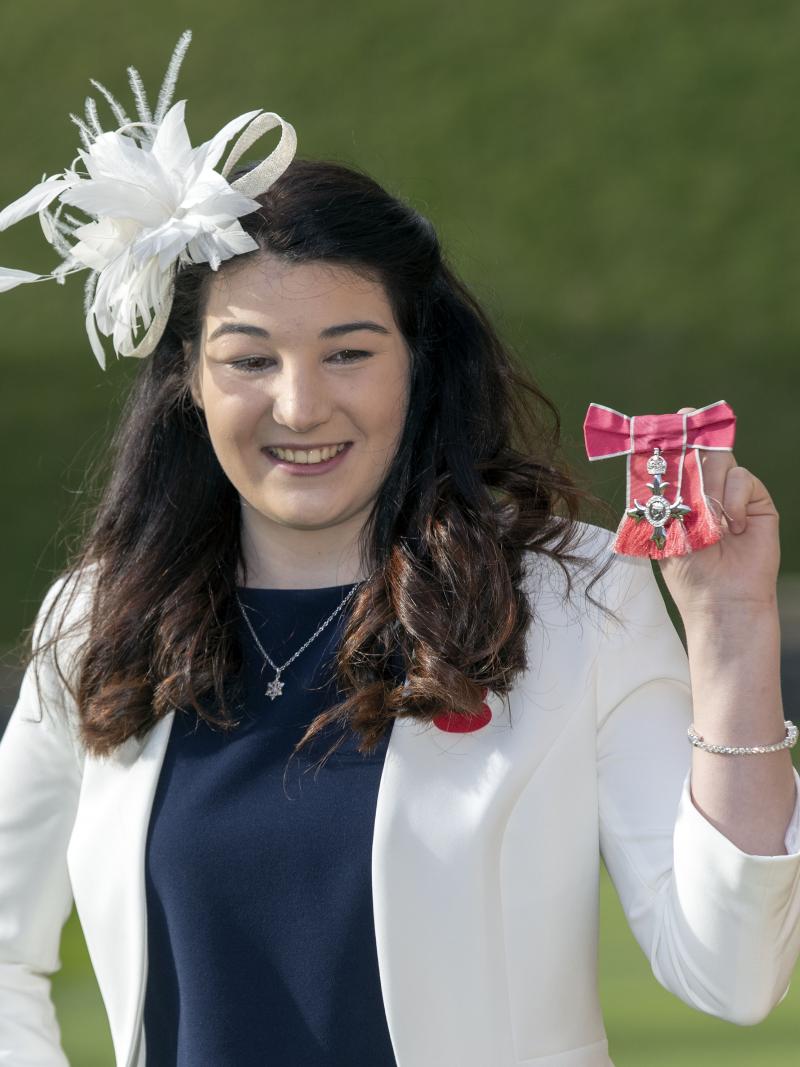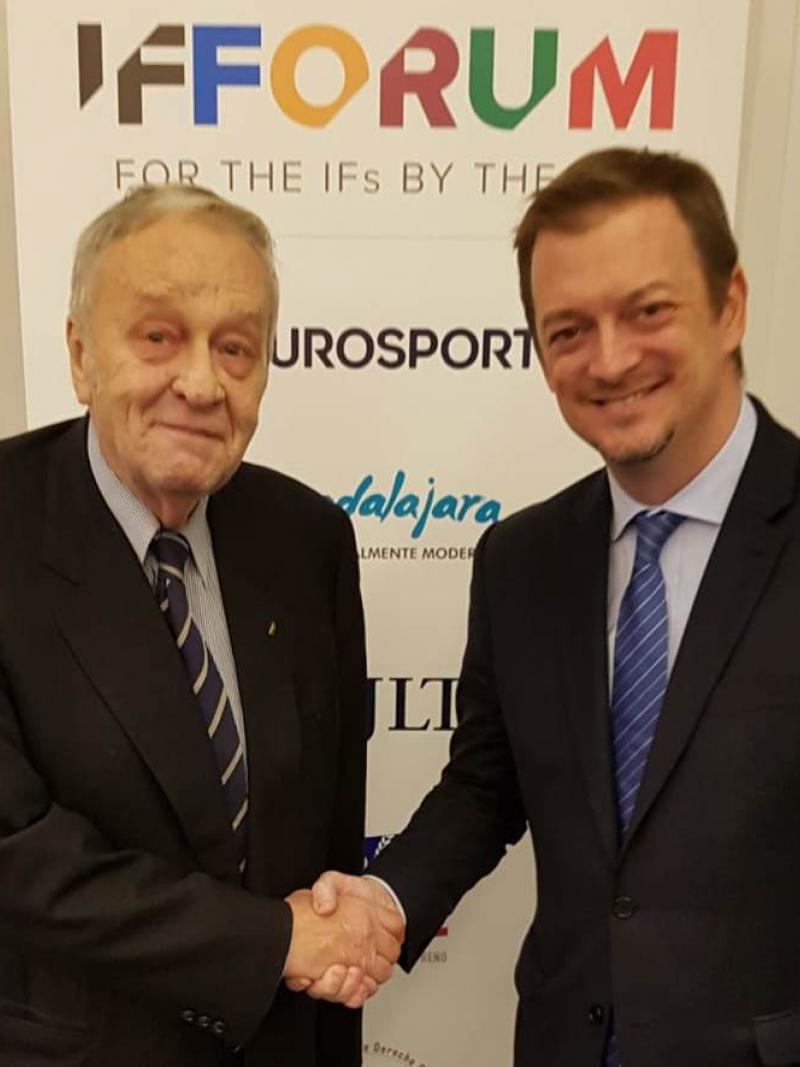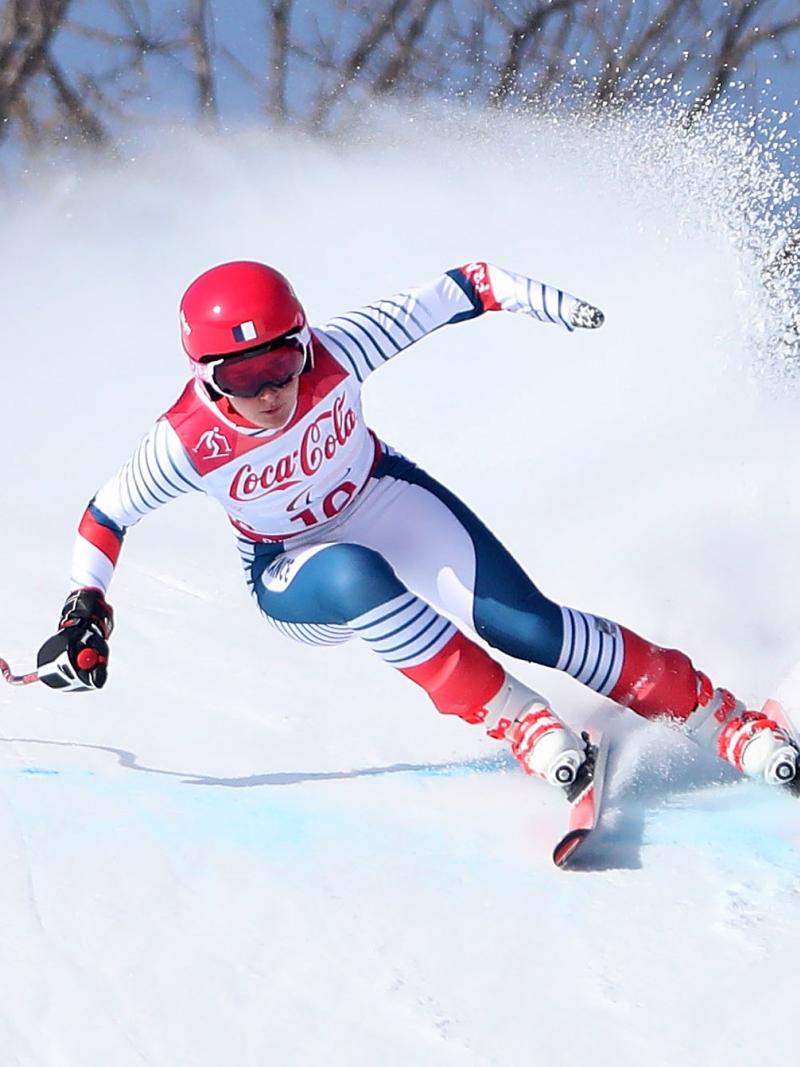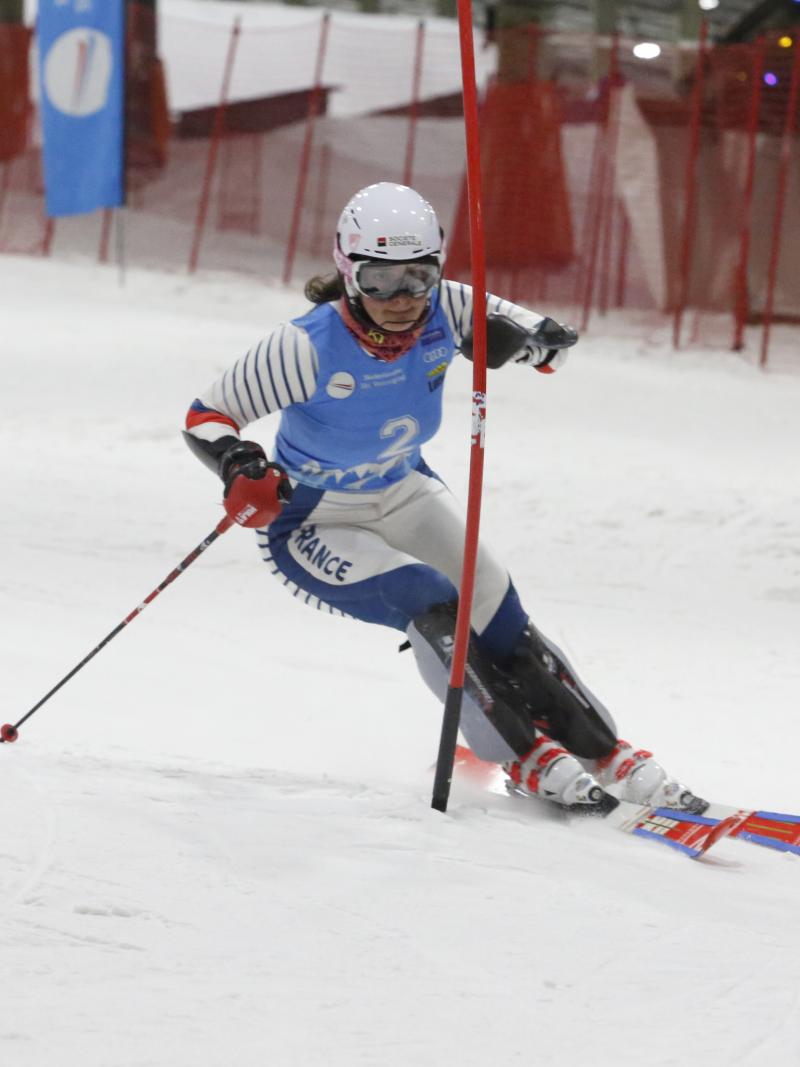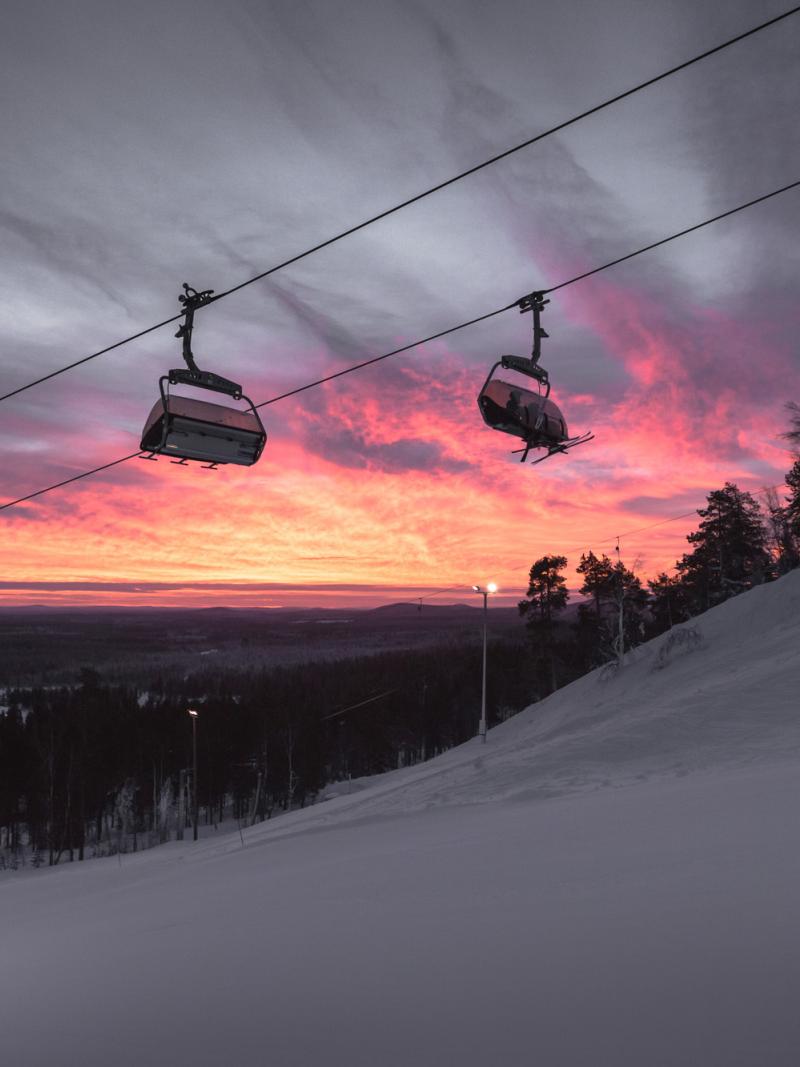Menna Fitzpatrick goes back to basics
Paralympic alpine skiing champion fine-tuning technique 29 Nov 2018“Every day we are learning something new, testing new skis, skiing on different terrain, snow,” Fitzpatrick reports. “All those challenges have added to our experiences and made us better athletes.”
Not many sporting champions decide to tear up their technique and go back to the drawing board just months after their biggest triumph. But that is exactly what Menna Fitzpatrick did this summer following her gold medal success in the PyeongChang 2018 Paralympic Winter Games women’s slalom vision impaired. And it was all in the name of going ever faster.
“Our coaches are very good and they decided to take us back to basics and make us do loads of drills through the summer to make sure our basics, the fundamentals of skiing, were perfect before building on the technique,” says Fitzpatrick, whose PyeongChang 2018 haul of one gold, two silvers and a bronze made her the most decorated British Winter Paralympian of all time.
Jen Kehoe, guide to B2 skier Fitzpatrick, explains just what this reboot meant in practice.
“Off snow we looked at where our weaknesses are and then took it on to the snow and focused on drills that worked on those weaknesses,” Kehoe says. “Perfecting the movement is probably the best way to describe it. We would do certain skiing skills and really think about how we were doing them, what body position we were in and then look at where our weaknesses were.”
Always learning
The pair might have enjoyed reaping the well-deserved rewards of their success during the past eight months – including receiving MBEs (Member of the Order of the British Empire) from the Queen of England – but neither are intent on resting on their laurels.
“Every day we are learning something new, testing new skis, skiing on different terrain, snow,” Fitzpatrick reports. “All those challenges have added to our experiences and made us better athletes.”
One of the biggest motivators driving this need to improve is a desperate desire to shine at the 2019 World Para Alpine Skiing Championships in Sella Nevea, Italy and Kranjska Gora, Slovenia, in late January.
“We want to do better than the last one,” Fitzpatrick says fiercely. Still recovering from a broken hand, she and Kehoe walked away from the 2017 championships with just a bronze medal in giant slalom vision impaired.
“We want to beat that and show everyone that it’s not how we ski anymore.”
Crucial communication
Fine-tuning their communication skills is a key and never-ending part of this quest to get quicker and quicker. The 20-year-old Fitzpatrick has just five per cent of her vision and when travelling at speeds of up to 100km/hr she has to know exactly what Kehoe means every time the guide opens her mouth.
“We have just been training in Austria and we were testing out new things for different terrain, like using different sounds to replicate the terrain. It’s still very early days, but we are constantly adjusting how we communicate,” Kehoe says, giving an insight into the innovative thinking at the heart of their partnership.
“We’ve only tried it on rollers, using the sound of your voice to go ‘Ooooover’ as you go over, so it represents how long the roller is,” Fitzpatrick adds.
New opportunities
Another important development impacting on the duo’s chance of adding to their medal tally was the recent decision by Great Britain’s national governing body for ski and snowboarding to rebrand itself as GB Snowsport and simultaneously bring Parasnowsport under its umbrella.
“It is a really positive thing for us as a squad because the nation suddenly sees we are doing the same thing (as the Olympic athletes) and we are, that is a fact but when it is presented that way to the rest of the world, I think that is really important,” Kehoe says.
While it does not necessarily mean any more money for the already well-funded British Para Alpine Ski team, it does mean more opportunity. And that, to Menna, is just as important.
“Having the extra management and the support of other athletes will definitely help us,” she says enthusiastically. “The sport has definitely been heightened by the move. It’s a real step forward.”






